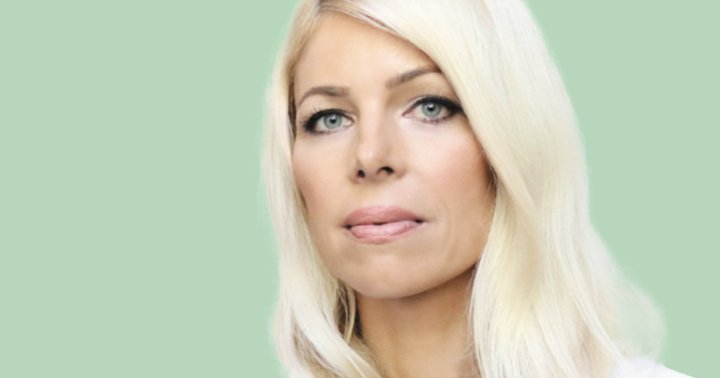3 Oft-Overlooked Things Affecting Your Brain Health, From A Neuroscientist

“One of the first things I do when I teach people about taking care of their brain health is to make sure they are drinking their daily requirement [of water],” Willeumier says. Now, that exact number differs for everyone (generally, experts say you should drink half your bodyweight in ounces of water, but you may need more or less depending on your diet, environment, and the like), but you want to ensure you meet your personal threshold.
“Your brain is 75% water,” Willeumier continues. “It’s going to help keep your blood pressure normalized, it’s going to help flush out [waste] from your cells, it keeps your cells metabolically active and healthy,” all of which are crucial functions for brain health. In fact, she explains that even if you have a 1 to 2% drop in hydration, you can start to have symptoms associated with brain fog, like fatigue, headache, and poor concentration.
And according to Willeumier, “the number one thing people don’t do is drink enough water.” That’s why she’s so quick to inquire about hydration—drinking water is just downright fundamental, and it’s often overlooked. Point being: Make sure to gulp down your daily water requirement! “You can [also] get 20% of that water from hydrating fruits, vegetables, or green juices,” she notes, so take a gander at this list of thirst-quenching foods.
This article was originally published by mindbodygreen.com. Read the original article here.


